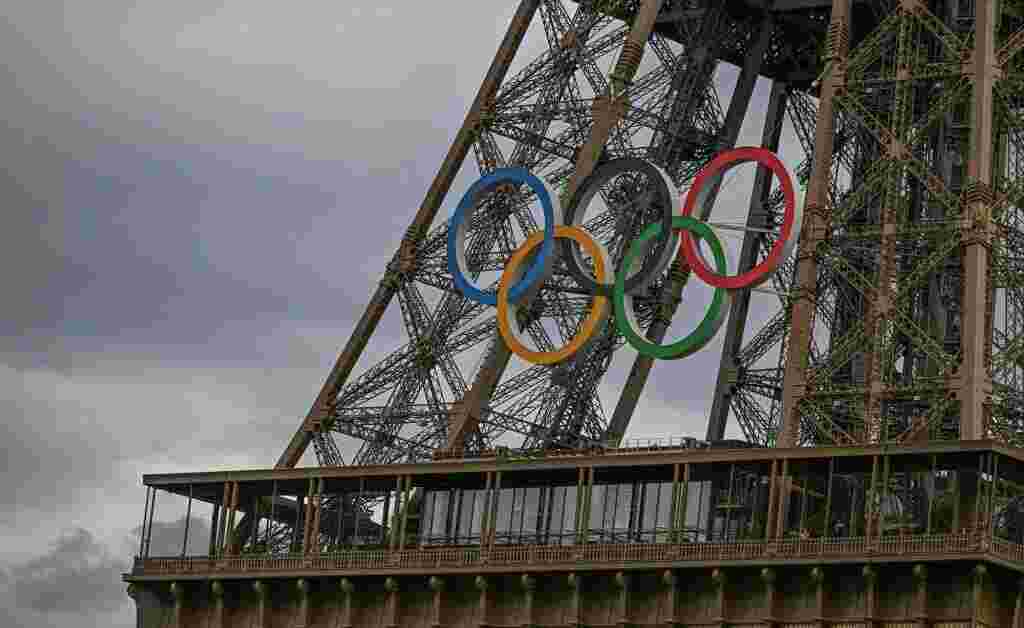France's decision to uphold its ban on French athletes wearing the hijab during the Summer Olympics has sparked controversy, with human rights organizations criticizing it as a contradiction of gender equality pledges and a breach of international human rights treaties. Amnesty International's women's rights researcher in Europe, Anna Błuś, highlights the exclusion of Muslim women from France's vision of equality and the need for major human rights organizations to stand in solidarity with Muslim women's rights groups. The ban not only affects the Olympics but also extends to various sports at both professional and amateur levels in France.
The French government's stance on secularism and neutrality, as well as the interpretation of the hijab as a religious symbol, underpin the hijab ban for French national team athletes. However, this ban specifically targets and disproportionately affects Muslim girls and women, as highlighted by Błuś. The ban not only impacts the mental and physical health of athletes but also sends a discouraging message to young Muslim girls aspiring to pursue sports.
Hélène Bâ, a 22-year-old basketball player, and Diaba Konaté, a talented former U18 European Championship finalist, share their experiences of being barred from participating in sports due to their hijab. They, along with coach Timothée Gauthierot and sociologist Haifa Tlili, co-founded Basket Pour Toutes (Basketball For All), a community that advocates for change and provides support to hijab-observing girls in basketball.
The collective, along with the Sport & Rights Alliance, appealed to the IOC to pressure France to overturn the discriminatory ban, emphasizing the right of Muslim women to participate in sports equally. Tlili observes the dilemma faced by French Muslim athletes, feeling forced to choose between their identity and their sport, and their desire to represent their country with pride. The impact of France's hijab ban extends beyond the Olympic Games, affecting the broader French sports landscape and the aspirations of Muslim athletes.
Why France Is Banning the Hijab for Their Olympic Athletes
Despite pressure from sporting groups, France will uphold a ban on French Muslim athletes wearing the hijab at the 2024 Olympics.





